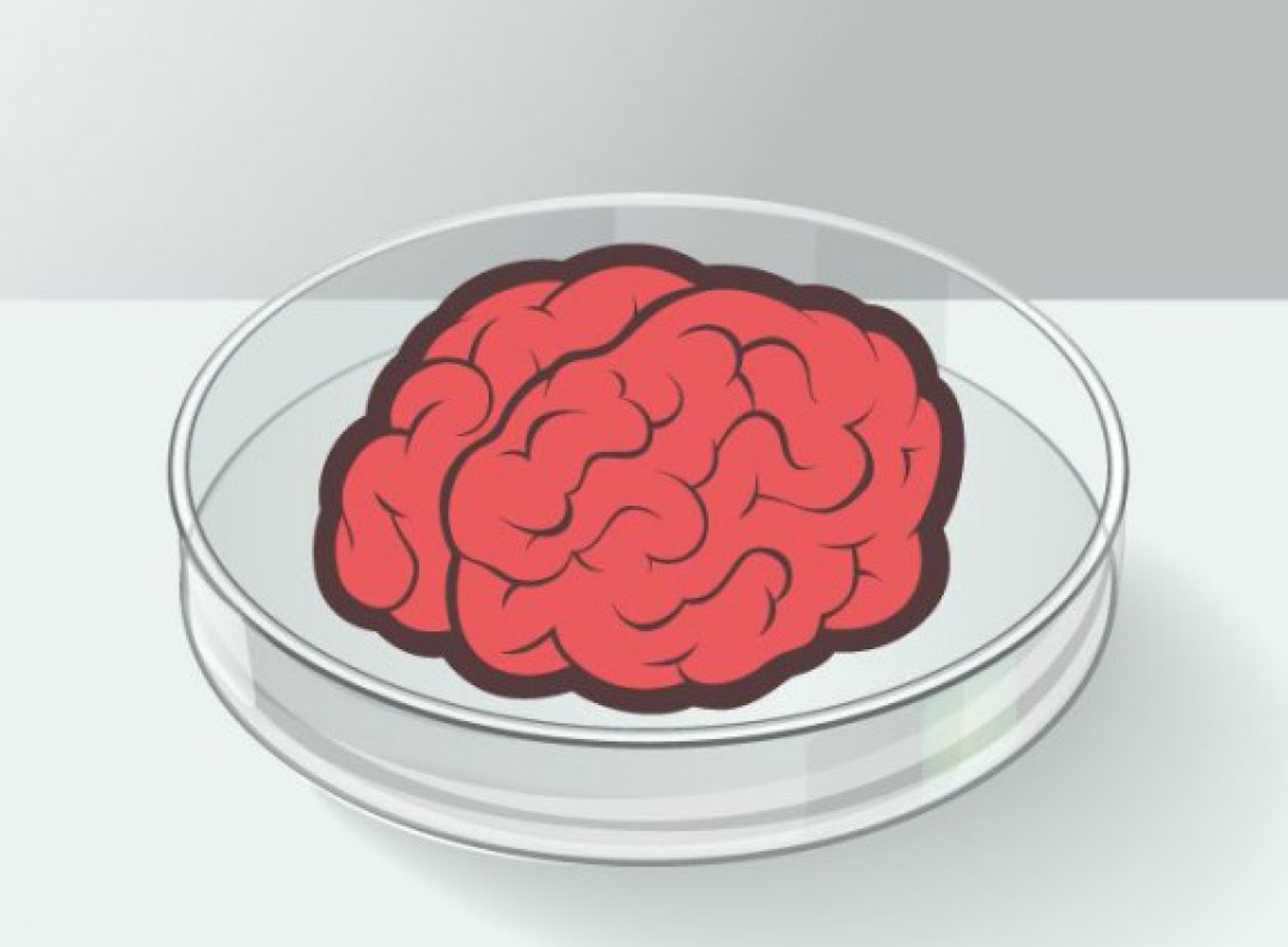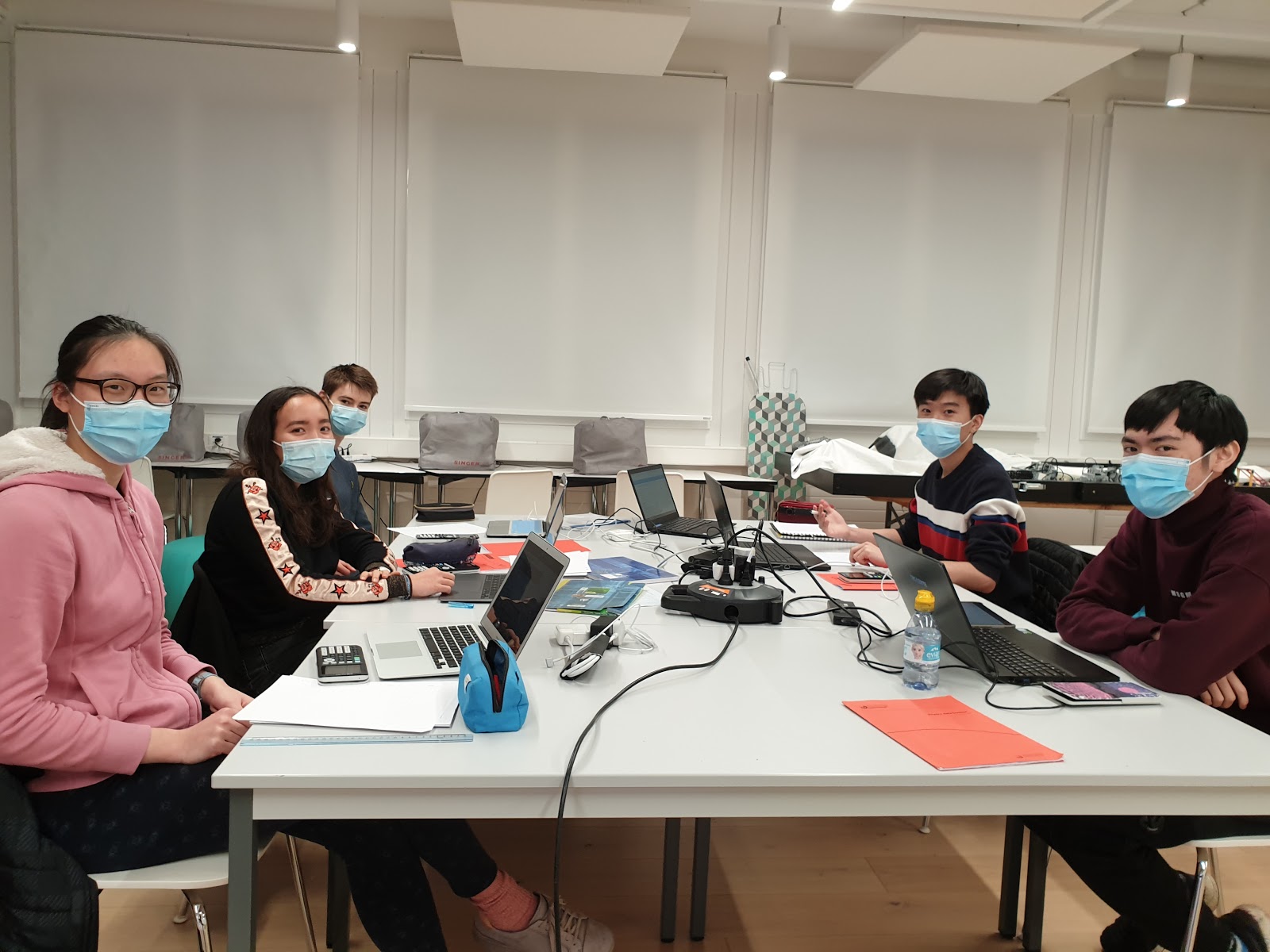By Qingyang Zhang, Y13
As more vaccines for COVID-19 become authorized, new strains of the coronavirus are also emerging. This raises concerns regarding the effectiveness of the vaccines against novel strains. This article will present some science behind viral mutations, discuss the effectiveness of current vaccines against new strains, and introduce genetic sequencing as a way to accelerate vaccine development.
Mutations are random errors that occur when a virus reproduces. The SARS-CoV-2 virus carries genetic information in the form of RNA, and genetic information (in the form of bases A, C, G, and U) can miscopy. For example, C could be miscopied as a G. RNA can be thought of as instructions to produce proteins, so some of the random mutations may become significant enough to change a protein. Variants are viruses with “several mutations that are distinct from their ancestors”, and strains are “variants that are confirmed to behave differently from the original”. Mutations are neutral overall: some mutations do not change the virus’ function and some mutations can even decrease the transmissibility of the virus. However, the concern is over emerging strains that make the rate of transmission higher or the symptoms more severe.
The notable variants of the coronavirus are B.1.1.7, first detected in the UK, B.1351, first detected in South Africa, and P.1, found in Brazil. All three variants seem to be more infectious – more easily transmitted – meaning that these variants could become the dominant strain in the population. Another concern is that P.1 and B.1351 have a mutation that affects the spike protein of the virus. This mutation could reduce the effectiveness of our immune response against the virus, preventing antibodies from binding to the virus.
The question is whether current approved vaccines would be effective against these new strains. There are several factors in determining effectiveness: 1) the strength of the immune response. 2) the duration of immunity gained by taking the vaccine 3) the degree of protection against severe symptoms. Recent studies suggest that the P.1 variant may be resisting antibodies in people who have immunity from contracting other strains of coronavirus. Experiments show that the “Pfizer vaccine can protect against the new variants, although slightly less effectively”. The Oxford-AstraZeneca vaccine suggests it protects against the UK variant, but “offers less protection against the South Africa variant, although it should still protect against severe illness”. Overall, scientific studies are still in their early stages, so results are inconclusive. Nonetheless, the evidence suggests that current vaccines still offer some degree of protection against new strains. In addition, the side-effects are well-studied and, in most cases, mild. However, highly-transmissible strains may appear in the near future, meaning these questions regarding vaccines are likely to persist.
Vaccination is also not perfect: it must be combined with social distancing and personal hygiene measures in order to curb the transmission of the virus.
It is clear that scientists must quickly understand the new strains to determine their properties and invent new vaccines. To achieve this, scientists perform gene sequencing: the viral genetic information is first converted to DNA by an enzyme called reverse transcriptase. This DNA is then replicated using bacteria. The replicated sample becomes massive enough to be studied, where a machine scans the sequence of bases (A, C, G or T) one by one to determine the exact sequence of the virus’ RNA. By regularly sequencing the viral antigens found in COVID-19 patients, scientists can trace the exact location of mutations in the RNA, the country where new mutations emerge, and how new variants spread.
Sources
Mutations, variants, strains: https://www.quantamagazine.org/how-to-understand-covid-19-variants-and-their-effects-on-vaccines-20210225/
Effectiveness of vaccines against new strains: https://www.bbc.com/news/health-55659820
The Gene: an intimate history. Siddhartha Mukherjee.



